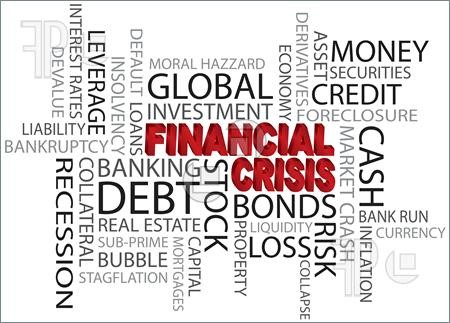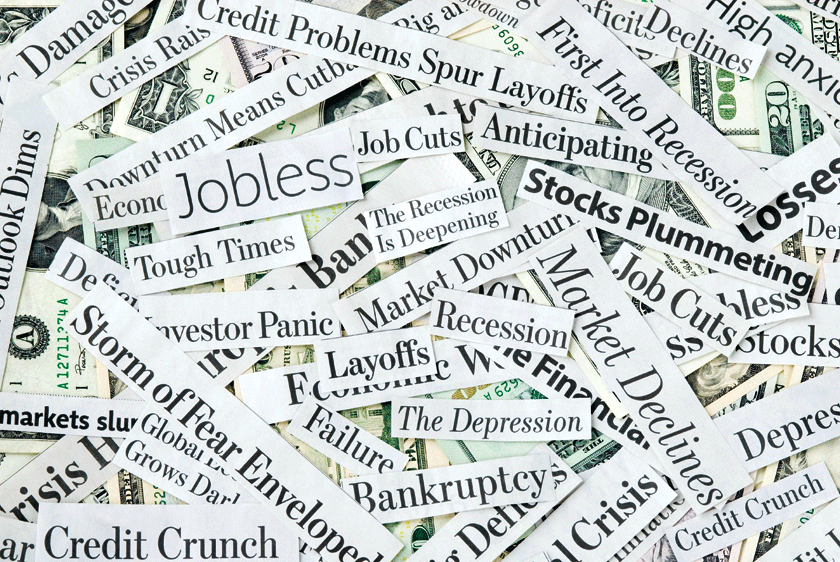Financial crisis
Post on: 12 Май, 2015 No Comment

Sharia boards face increased scrutiny and criticism as high-profile corporate defaults and cautionary comments from respected scholars cast a harsh light on the fast growth of financial products touted as Islamic.
Experts say rapid growth in the industry, which some estimates value at $1 trillion, has put more pressure on scholars to sign off on increasingly complicated structures, wrapped in sharia packaging.
In areas that have to do with capital guarantees, fixed income and derivatives, about 40 to 50 per cent of whats being sent out is form over substance, said Jawad Ali, managing partner at Dubai-based law firm King & Spalding.
Ali said while scholars have good intentions to produce sharia-compliant products, concerns arise when complicated structures like hedge funds and derivatives come into play areas that mimic conventional products but are being touted as sharia financing by banks and attorneys.
Mistakes do happen when a sharia board focuses on the instrument being presented and there is little scrutiny on how the structures are being implemented, he said.
Influential scholar Sheikh Taqi U smani rocked the industry last year when he said many structures presenting themselves as Islamic didnt meet the definition of true sharia compliance, raising concerns in the industry that some deals could be deemed un-Islamic after investors had bought them.
Those concerns increased when Kuwaits Investment Dar which defaulted on a $100 million sukuk last May presented a legal defence in the British High Court that one of its wakala, or agency deals, was not sharia compliant.
Such comments are tarnishing the reputation of sharia boards, said Mohd Daud Bakar, Islamic scholar and managing director of Amanie Islamic Finance Consultancy and Education.
If any company claims deals arent sharia compliant after theyve already been approved by their own boards, it would be very painful for the industry, Bakar said, adding the relationship between a sharia board and business players structuring a deal had to be based on trust.
But Ali said there have been violations of that trust by eager bankers and lawyers, looking to cash in on the industry and push through a deal by any means necessary.
Sharia boards cant be policemen, he said. Its completely unreasonable to expect a sharia board member to read every single page of a document. There has to be a level of trust with lawyers and bankers.

Part of the problem is the scarcity of sharia scholars particularly those with business acumen available to oversee such transactions.
According to a study by consulting firm Funds At Work, in the GCC there are 755 sharia board positions in total. But 46 per cent of those positions are filled by the same 10 scholars.
The same few experienced scholars are stretched too thin, said Harris Irfan, head of Islamic products at Barclays Capital.
The scholars take their responsibilities seriously, he said. But I have frequently come up against bankers and lawyers that have glossed over thorny issues that might cause a problem in sharia and hoped that scholars would just sign off.
And when a deal comes into question, as in the case of Investment Dar which said a fixed return promised in its wakala deal ultimately constituted interest, its the sharia boards that get hit with criticism.
To prevent such happenings, sharia scholars must take responsibility, Bakar said, regardless of their many obligations, to pore over every page of a contract and thoroughly understand the terms of a deal before signing it off.-Reuter














